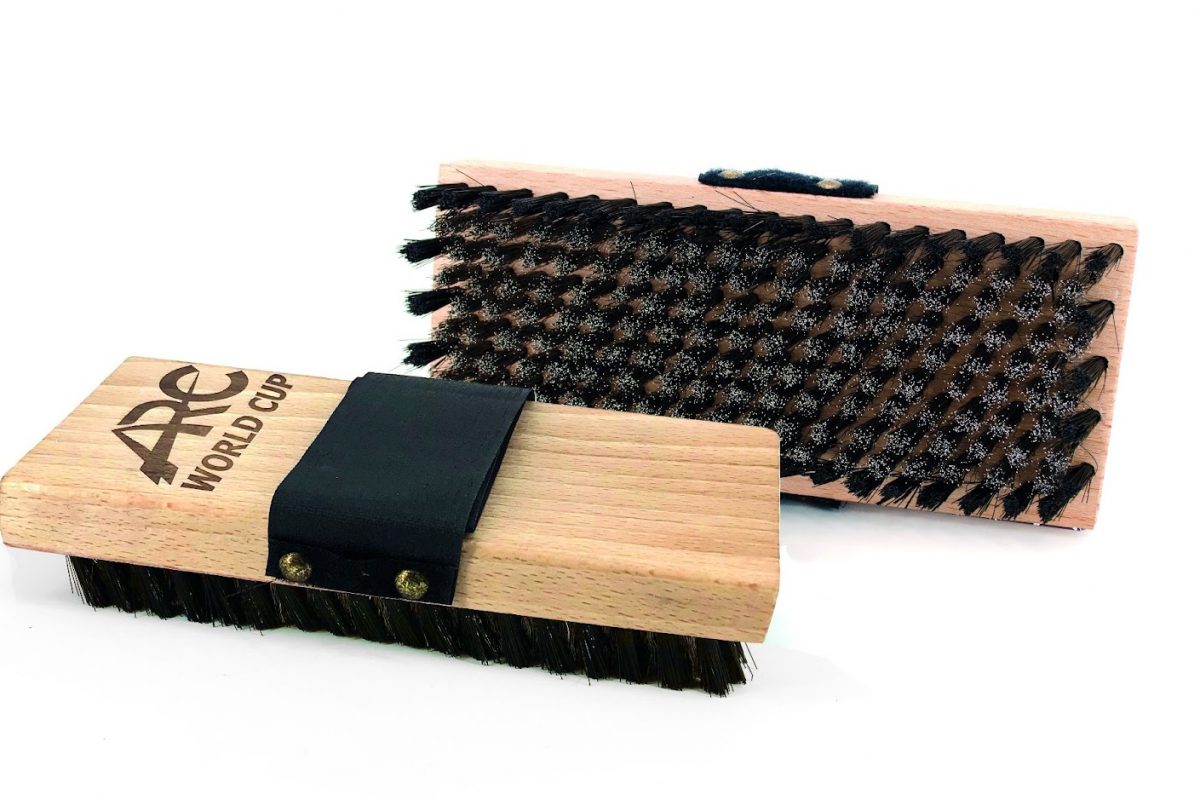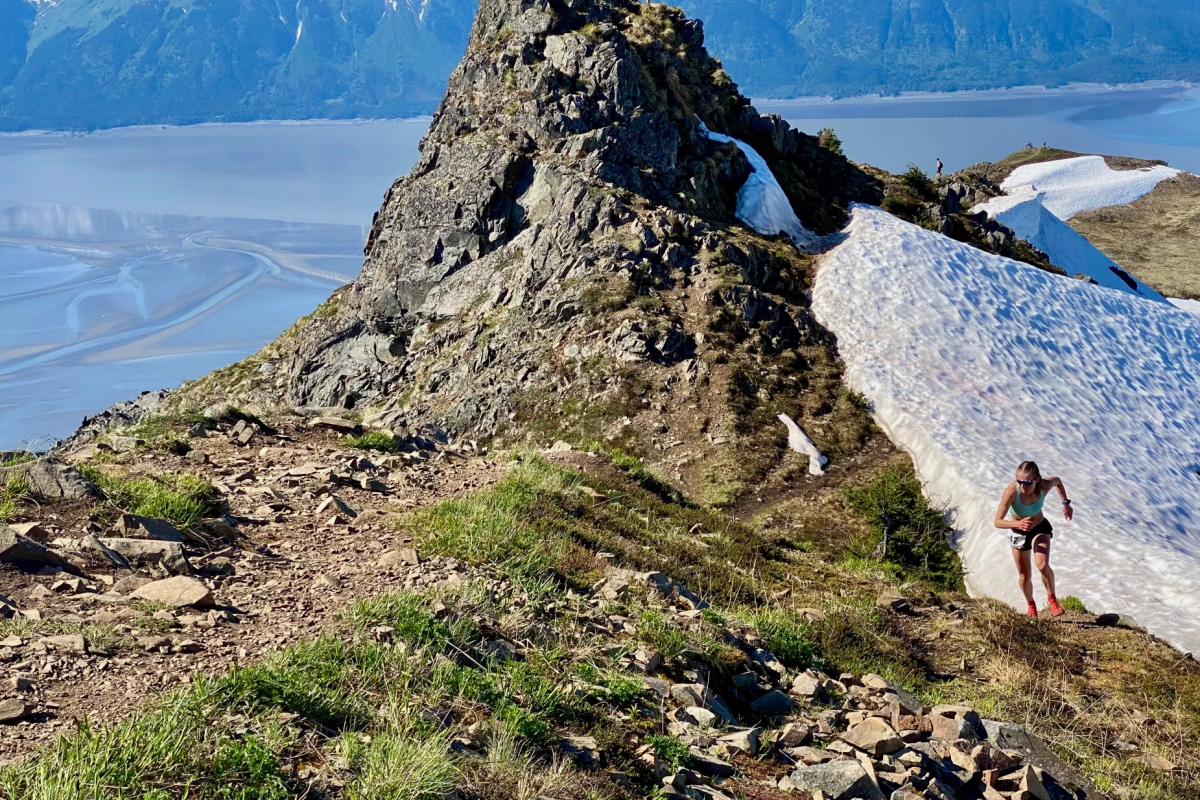
If the directors at the International Ski Federation had gone to Canadian Len Valjas and asked him to lay out a 1.6-kilometer course, it would have looked a lot like the one used for the World Cup skate sprint in Drammen on Sunday.
Mostly flat, with a ton of V2, the 6’6” Valjas described it as “the best course for me.”
“I don’t have to offset,” he said, referring to the technique Americans call V1.
Appropriately, then, Valjas used the loop as a launching pad to take fourth place in the prelim, and ninth in the heats—both career bests. And even better, the results qualified him to race for the Canadians in Thursday’s World Championships skate sprint.

With some steeper terrain, the course in Oslo isn’t quite as ideal for Valjas. But after his performance on Sunday, don’t count this guy out just yet.
While skating has typically been his weaker discipline, he didn’t seem to have too many problems in Drammen.
“We’ll see—I always surprise myself,” he said. “I’m like, ‘okay, I’m a classicer—and then this happens. Now, I’m a skater.’”
Few people, Valjas included, could have foreseen his transformation over the past year, from a good domestic level sprinter into a world-class athlete fighting tooth and nail with international stars for a berth in a World Cup final.
After another season of training alongside his teammate Alex Harvey, under coach Louis Bouchard at a regional training center in Quebec, Valjas attributed his rise to a better understanding of his own body—knowing when to take it easy.
“I overdid it in the fall last year. And this year—some of the workouts, and some races and time trials and stuff, I was like, ‘you know what, Louis? I’m just going to sit this one out,’” he said. “’I missed a whole bunch of races, and I think that helped me just stay under that point of no return.”
The first signs that Valjas had stepped it up came in Davos, Switzerland, where he qualified for his second set of World Cup sprint heats and nearly made it through to the semis. But when things started getting heavy, he said, he made a few tactical errors.
“Those guys, they ski aggressive, for sure…I let some guys by, and after the race felt like I had made some mistakes,” he said.
Valjas said he’s been studying video, though, and had boosted his confidence thanks to some workouts with Harvey at a recent high-altitude camp in Italy.
In the heats in Drammen, he skied like he belonged there. In the quarters, he bided his time, letting a Norwegian junior lead much of the race before working him over to win on the homestretch.
In his semi, which included eventual winner Emil Joensson and Olympic sprint medalist Petter Northug, Valjas was stuck near the back going over the final climb—which he otherwise might have skied faster.
“I felt like I had more….I felt so comfortable,” he said. “I was kind of looking at the bristles on the left—I was thinking about straddling them, and making an attack. But you might get disqualified for that.”
Instead, Valjas had to be content with holding his position on the last descent into the stadium to snag the inside lane for the homestretch—which he said took some cojones, to fight off an encroaching Swede, Mats Larsson.
“We were side by side there. The old me would have just let him go, kind of,” he said. “You’ve just got to be aggressive and cut right in. One guy goes by, get in the train.”
Valjas was still in contact with Joensson and Northug at the beginning of the homestretch; he just didn’t have quite enough left to match their finishing speed. It was close though, and his fifth-place finish in the heat left him close to advancing to the finals as a lucky loser.
“I was missing just a hair of extra power in the final straight,” he said. “We’re talking, like, a foot every ten strokes. I was the same speed as those guys—I was just losing an inch every stride, I feel like.”
There was no sense of disappointment from Valjas, though. And, he said, the result erased a crushing day in Estonia in January, where he was eliminated in the semifinals of the sprint at the U-23 World Championships after qualifying second.
“That one was tough to swallow. In the qualifier, that was on my mind,” he said. “I’m happy now—this feels pretty good.”
Valjas will get his next shot in Oslo—and, surely, throughout the next few years. The experience in Drammen will no doubt help.
“Every time, he’s learning stuff,” said Canadian national team coach Justin Wadsworth. “We have good homes for him in distance, too, in the future.”
Nathaniel Herz
Nat Herz is an Alaska-based journalist who moonlights for FasterSkier as an occasional reporter and podcast host. He was FasterSkier's full-time reporter in 2010 and 2011.




